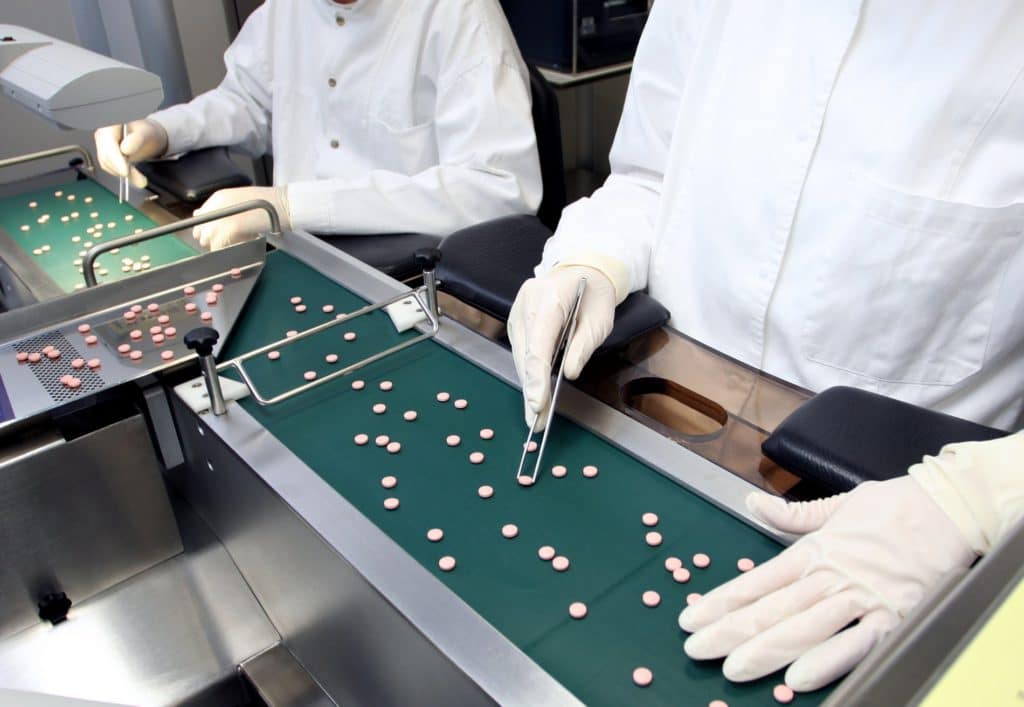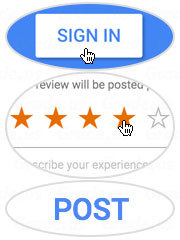Working In Retail Pharmacy vs. Institutional Pharmacy
Published - February 9, 2015
As a certified pharmacy technician, you earn the credentials for a job in the growing healthcare field. Most graduates from pharmacy tech programs have the pick of jobs working either in retail stores that have pharmacies or in hospitals or other medical settings. Which career setting is right for you?
What All Pharmacy Technicians Need To Know
At the heart of this job in the medical field is a knowledge of medications, medical terminology, how to do metric conversions, and computation. All of these skills are very important in meeting the main duty of the position, regardless of where you work: filling doctors’ prescription for the approval of the pharmacists. Your ability to do these tasks accurately makes you a valuable part of the medical team that puts patients on the road to recovery.
Almost any pharmacy technician job includes:
- Receiving the prescription and entering it into the computer. All settings where prescriptions have evolved along with technology, so you might receive prescriptions over the phone, fax, or electronically, rather than in person.
- Filling the prescription by counting out the proper number of pills or mixing liquids and properly labeling.
- Delivering the prescription to the customer, that might be patrons in a retail store, or medical professionals in a hospital.
- Maintaining store or departmental inventory.
Some duties vary according to what the law designates a pharmacy technician can do.
The Major Difference Between Retail Pharmacy vs. Institutional Pharmacy: The Customer
In comparing working a retail pharmacy vs. institutional pharmacy, the biggest difference is in who your customers are. If you work for a big pharmacy chain, a neighborhood drug store, at a big box store pharmacy, or even in a grocery store with an in-store pharmacy, you have heavy interaction with patients who need their doctors’ prescriptions filled.
When you work in an institutional setting, such as a hospital, nursing home, or long term care facility, your primary customers are physicians and nurses.
Specifics Of Working In Retail
In retail, a big part of your job is interacting with the patient’s insurance company to make sure that the prescription is covered, and to find out about co-pays and deductibles. Working under the direction of the pharmacist, you prepare the prescription and ring the customer up at the register. Retail jobs typically include answering the phone and, if necessary, directing patients to the pharmacist with questions about drug interactions and side effects.
Specifics Of Working In An Institution
Aside from preparing prescriptions to order, institutional pharmacy technicians typically troubleshoot automated medication dispensers, which may put them in contact with patients, and make IVs according to accepted aseptic techniques and clean room practices.
What Makes A Pharmacy Technician Job Interesting
All pharmacy technician jobs involve multitasking, organization, and some clerical duties, which makes the work day go fast. What is most interesting about the job is the opportunity to learn more about pharmacology, drug interactions, insurance, and the law, especially since the passage of HIPAA privacy laws. Pharmacy technicians often report job satisfaction due to having a part in improving the health of patients.
Obtaining a pharmacy technician certification usually involves less than a year of training and all starts by enrolling in a program offered at educational institutions such as CBD College. For information about our program, call us at 877.770.4CBD or 213.427.2200 or by completing our online form.




